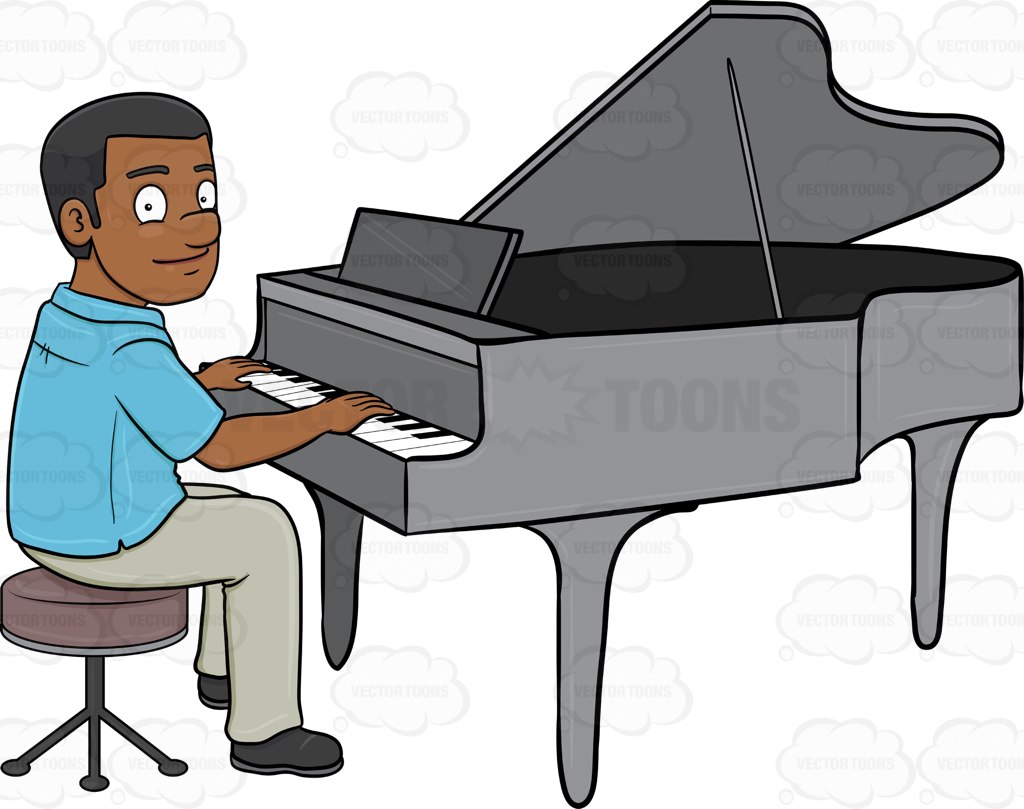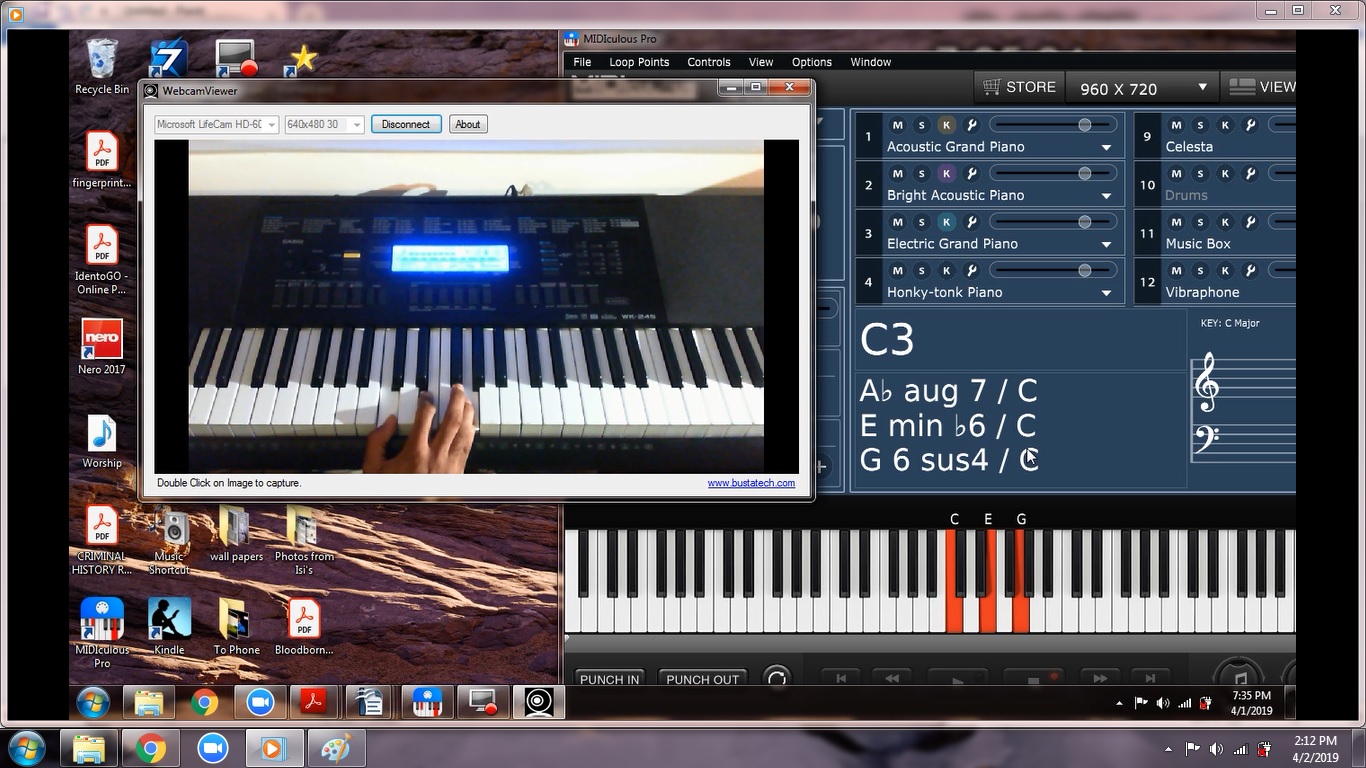Ear to Chords Worship Piano for Beginners

Hi my name is Evans and I would love to introduce to you a new way of learning to play the keyboard for your music band, family or church, or even just as a hobby, without spending years before you can comfortably play all your favorite songs. It is a method I call playing by chords, just like guitar players do, and playing by ear, which means you will not need to learn to read music to play music. As a matter of fact, at the end of my course, you will not even need a chord sheet to guide you as you play. This is is called playing by ear. I have played by ear for more than 10 years and I know all the important learning points and strategies that will help you acquire this rare musical skill in the shortest time possible.
Please understand, this is not a formal piano learning program. You will not be able to play classical music or jazz music after this course. You will not be able to read standard musical notation after this course. You will know very little about musical theory after this course. If any of the preceding skills is something you want, then you will need to take standard piano lessons or use supplementary resources along with this program. Better yet, combine standard piano lessons with learning to play by ear. I have seen many good traditional pianist who now take lessons to play by ear, as they have found it to be a very valuable skill.
The Pros of playing by ear and chords:
-
- You can play music anywhere and at any time, whether you have sheet music or not.
- You develop a musical ear faster, as you are constantly using your hearing to guide and evaluate your playing.
- You are better able to take advantage of thousands of chord-based piano lessons on youtube.
- You are able to create backing for your own compositions more readily.
- You are more suited to play for a church meeting where the music is not always planned or coordinated before hand with the instrumentalist.
- You can play wider genre of music, including those for which there are no writing scores, e.g. music from other cultures or third-world countries. There are many very popular African songs without a score.
- Learning is quicker.
- Learning is more enjoyable as your progress encourages you, and you have more freedom to play what you want.
- It gives more artistic license, which is a great thing once you have learned a large variety of chords and improvisations you can play around with.
The Pros of traditional Playing
-
- you can play any piece of music, even if you have never heard it before, if you have the score (written music) and can read well. To play by ear, you must know the song, even if you are using a chord sheet.
- You are better established in music theory.
- You can play beautiful classical music. Classical music can be learned by ear, but it is a daunting task as you will have to memorize the piece.
- You can collaborate easily with other classical musicians to play a piece without any prior planning. You simply play your written part.
As you can see, both approaches have significant advantages once over the other. However, which set of advantages appeal more to you depends your goals for learning.
Read my bio in the section "About Me" and find out why I chose to learn play by ear.
